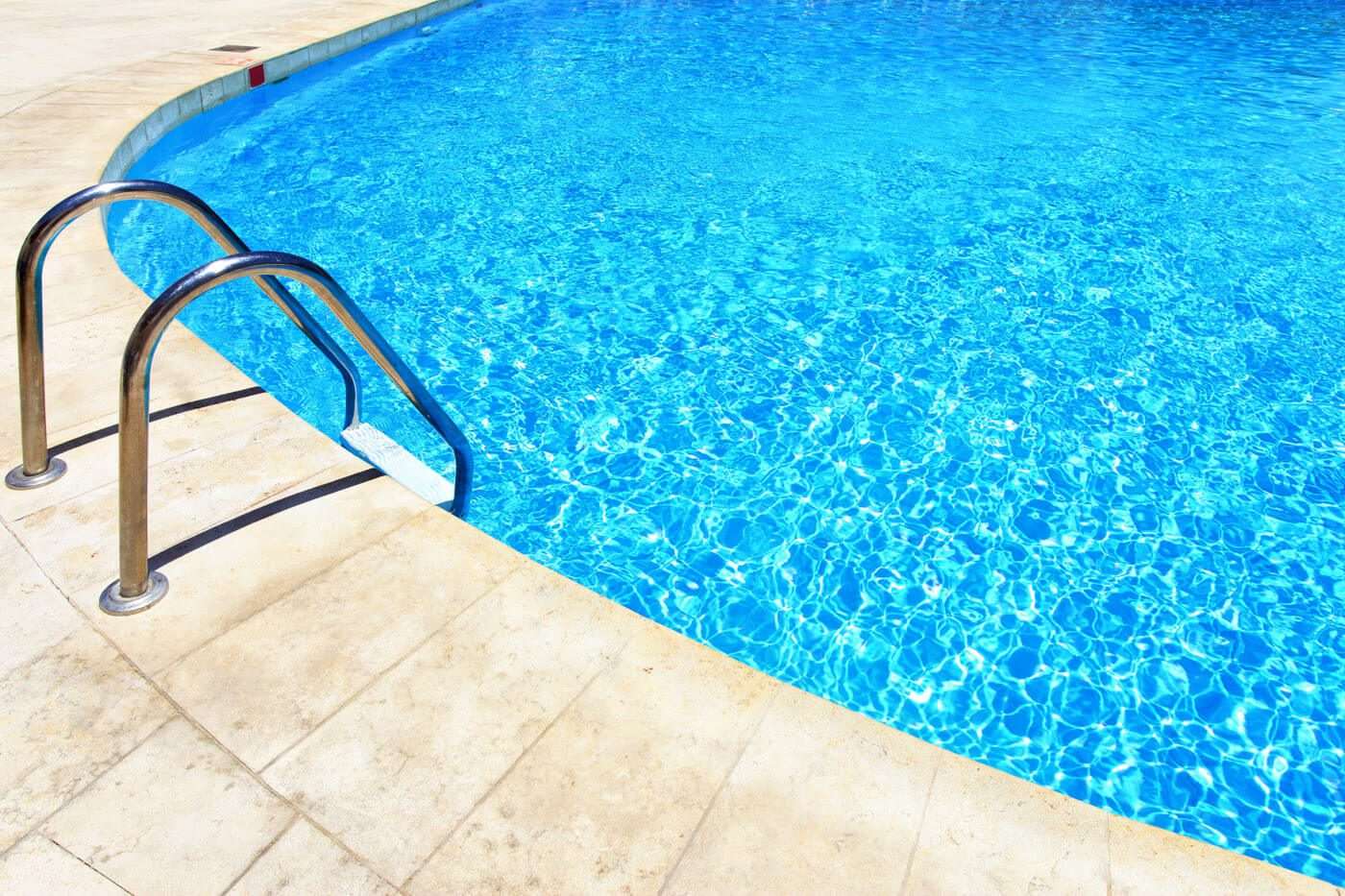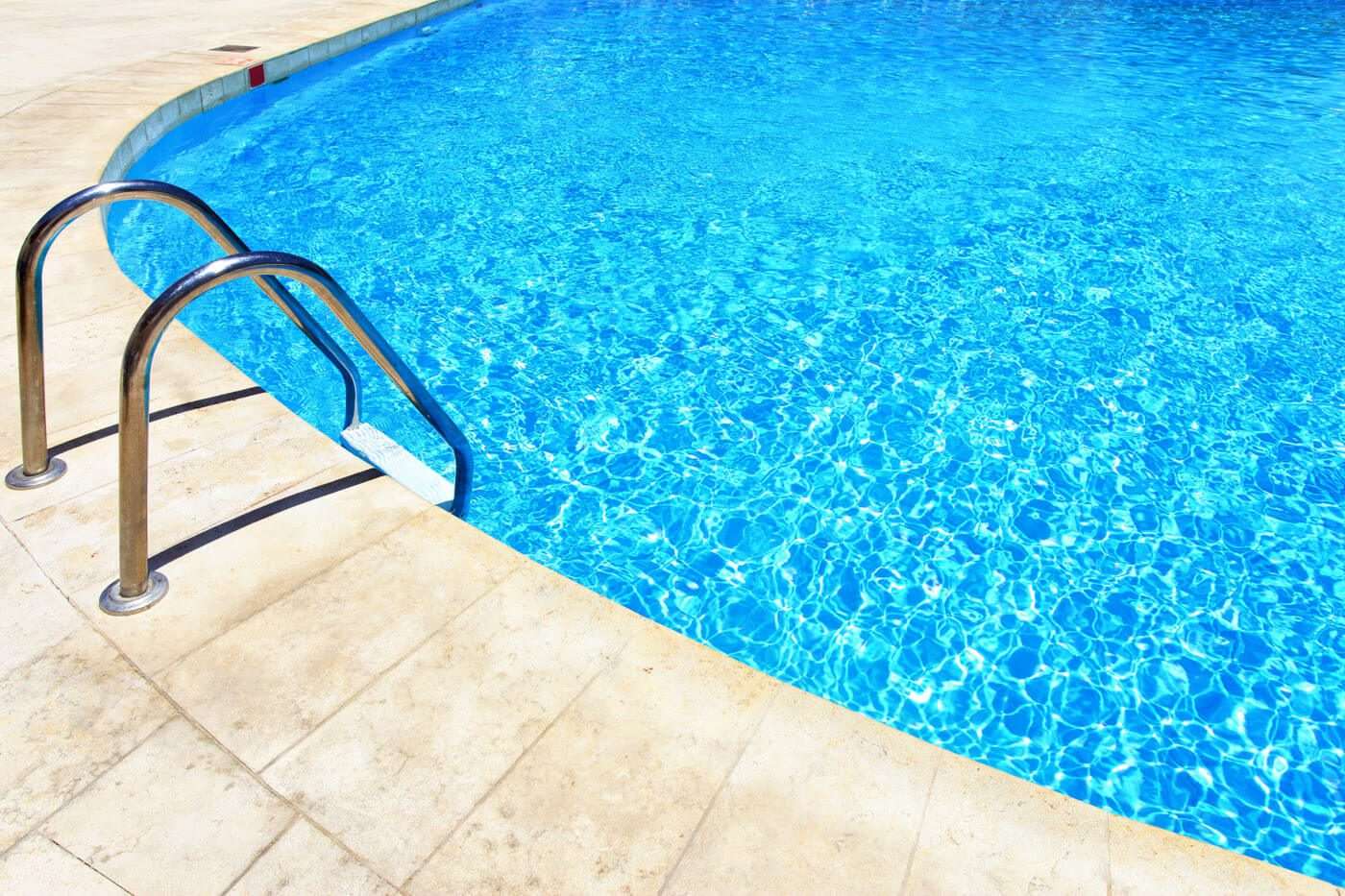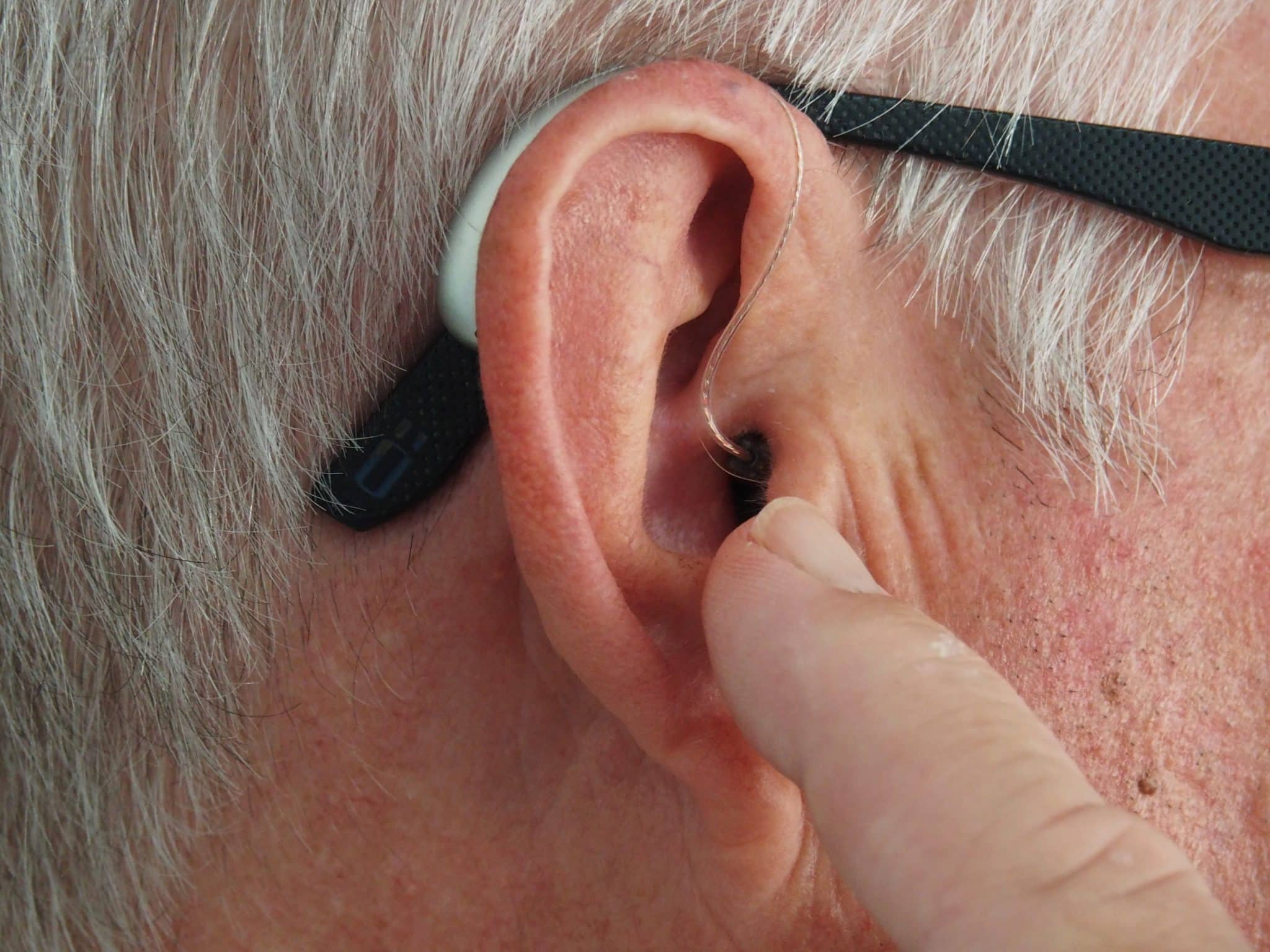Swimmer’s ear is a medical condition that sometimes results in hearing loss. Tune in to this week’s Audicus blog to find out more!
Understanding Swimmer's Ear and Hearing Loss
Swimmer’s ear, or acute otitis externa, is a medical condition affecting the outer ear. People with this condition experience painful irritation and inflammation of the ears. Swimmer’s ear can be caused when water is trapped in the ear canal. Bacteria or fungi may then accumulate on the skin’s surface, causing an infection. The condition usually affects swimmers, hence the name 'swimmer's ear'.
Getting Swimmer's Ear from Pools, Showers, Baths
Common settings to contract swimmer’s ear include stagnant water and hot tubs, although the condition can occur in swimming pools, showers, baths, and other places with moisture. People are more prone to getting an infection if they have eczema, seborrhea, or skin damage in their ear canal. Specific chemicals found in hair sprays and hair dyes may also trigger the condition, especially when used with cotton balls.
How To Tell if You Have Swimmer's Ear: Common Signs
Aside from an itching sensation inside the ear canal, other symptoms of swimmers' ear include fever, pain in or around the ears, swelling of the lymph nodes, and ear pressure. People can also experience hearing loss in cases of swimmer’s ear that go untreated. This hearing loss normally goes away after proper treatment, but for ineffective treatment, the condition may continue to occur resulting in recurring cases of hearing loss. In extreme cases of swimmer’s ear, damage to the base of the skull and brain can also take place as the infection spreads.
Treating Swimmer's Ear: What to Do
Applying eardrops during the early stages of infection can often help to treat swimmer’s ear. These eardrops may contain boric or acetic acid and stop harmful bacteria from multiplying further. If you suspect that you may have developed swimmer’s ear, contact your doctor for a proper diagnosis and treatment.
Preventing Swimmer’s Ear and Hearing Loss
Swimmer’s ear can be prevented in a number of ways. Cleaning your ears with a washcloth instead of cotton swabs lowers your risk of infection. Avoid cleaning your ears with pointy or sharp items, as these run the risk of cutting your ear canal and facilitating the spread of bacteria. Also, be sure to dry your ears after swimming or after any other activity involving large bodies of water. In addition to being used as a treatment for active swimmer’s ear, acetic acid can also be applied to the ears after swimming as a preventative measure to stop the spread of bacteria and fungi.
Wearing Hearing Aids and Swiming
For people with hearing aids, be sure to remove them while you are taking part in activities that involve pools, lakes or other bodies of water. Hearing aids may prevent moisture from leaving the ear while the user is wearing them. Hearing aids may also lead to a buildup of wax in the ear canal, a condition that increases the chances of getting swimmer’s ear. Furthermore, exposing hearing aids to moisture may cause them to sustain water damage or may cause the hearing aid batteries to stop working. Be sure to keep your ears and hearing aids dry for optimum hearing health!




